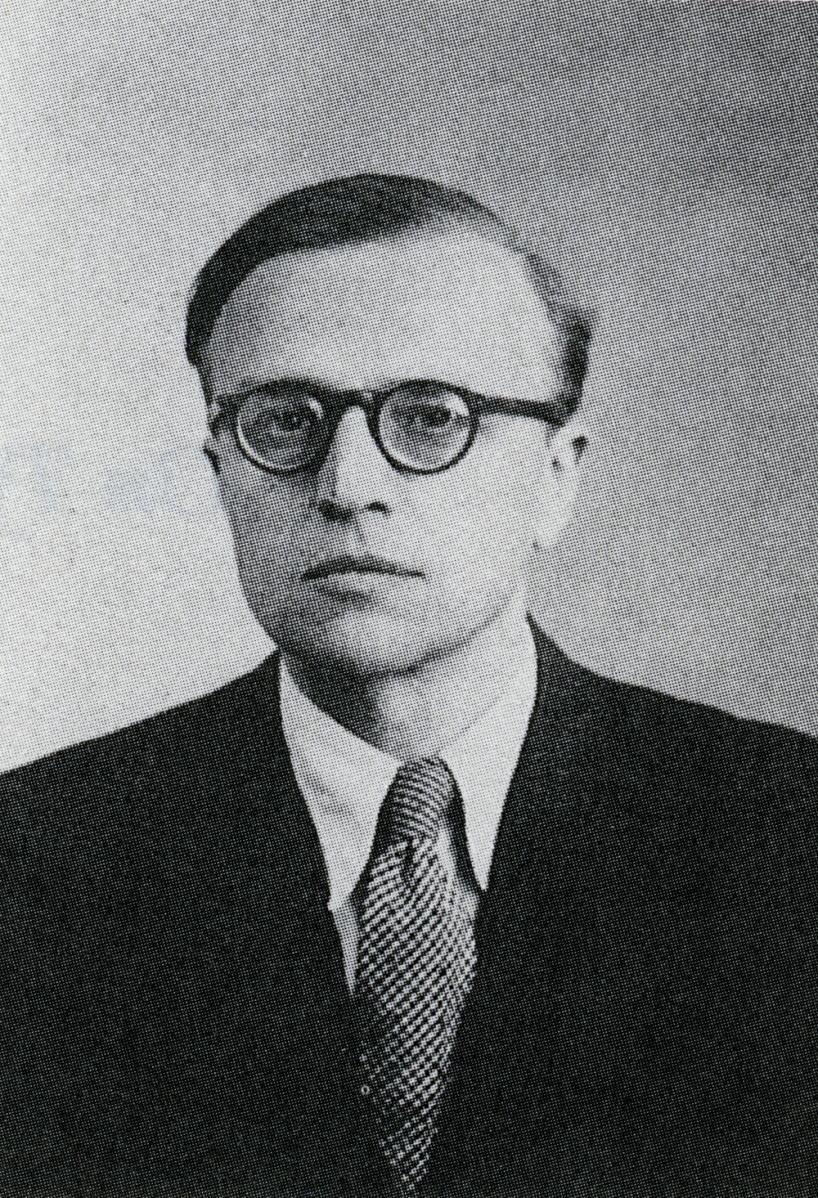Here events arranged by or with affiliation to the project are presented.

Flesh of One’s Flesh: The Bible, George Bataille, and Black Studies
We are happy to announce the second lecture organized by the project End of Law on 30 september 16:00 to 17:30 (CEST).
Our guest is Bruce Rosenstock, professor and director of graduate studies at University of Illinois at Urbana-Champaign, who works in the field of philosophy and religion.
Rosenstocks’s talk will be centered around the notion of kinship and slavery in Leviticus and its Nachleben in Black Studies and how it can be used to confront George Bataille’s discussion of sovereignity and law.
The phrase “flesh of one’s flesh” is used in the Levitical prohibitions against incest (Lev 18) to refer to individuals with such proximate kinship bonds to one another that they are excluded from becoming marriage partners. The prohibited act of incest is named with the phrase “to reveal nakedness.” The incest prohibitions in Leviticus are part of a Priestly stratum known as the Holiness Code, the goal of which is to extend access to the holy across the entirety of the people in their behavior outside of the Temple. This Holiness School program has been called “egalitarian” and “revolutionary,” and in the first part of the presentation Rosenstock will explore the theopolitical implications of this program to sacralize human reproduction and to identify incest as the most egregious assault possible against the enfleshed holiness of Israel’s and humanity’s One God Yahweh. The second part of the talk will examine the terrible legacy of the Holiness Code’s attempt to sacralize kinship flesh and how it was used by Christians as a means to legitimate slavery, and how it can be related to George Bataille’s exploration of the “inner experience” of the sacrality of the reproductive power of human flesh.
Rosenstock has written several books and articles on ancient and modern philosophy and religion. His latest monograph is a study of Oskar Goldberg: Transfinite Life: Oskar Goldberg and the Vitalist Imagination which argues that Goldberg’s philosophy is best understood as part of the resurgent vitalism of the early twentieth century. He is at the moment working on a book to be titled Hegel and the Holocaust. This study will treat thinkers who have attempted to respond to the Holocaust in the terms of Hegel’s philosophy of history.
To register, please send an email to tormod.otter.johansen@law.gu.se.

Law, Theology & Culture & The End of Law Seminar: Jeff Love “Between Kant and Hegel: Alexandre Kojève and the End of Law”
We are happy to announce the second Law, Theology and Culture lecture (organized together with the project End of Law) on Tuesday 1st of June 16.00 to 18.00.
Our guest is Jeff Love, Jurist, Research Professor of German and Russian at Clemson University, and translator from German, Russian, French, and Portuguese.
Love’s talk will be centered around Alexandre Kojève’s discussion on the end of law in his seminal manuscript Outline of a Phenomenology of Right. To register, please send an email to tormod.otter.johansen@law.gu.se.
“Between Kant and Hegel: Alexandre Kojève and the End of Law”
Alexandre Kojève is best known for the influential lectures he gave on Hegel to an enthralled audience of French intellectuals including Raymond Aron, Henry Corbin, Jacques Lacan, and Maurice Merleau-Ponty. Aside from these lectures, published in 1947 as Introduction to the Reading of Hegel, Kojéve published relatively little before his death in 1968. Yet, he left over 26 boxes of unpublished material on a variety of topics, from quantum physics and the continuum hypothesis to a major treatise on law called Outline of a Phenomenology of Right (Esquisse d'une phénoménologie du droit). Kojève wrote this treatise (586 pages in the French book edition) in 1943 while living in Vichy France. He expounds in it a comprehensive theory of justice and the universal homogeneous state that promises to usher in the end of history and perhaps of law itself. In my talk, I shall examine some of the central legal features of Kojève's universal and homogeneous state and consider whether Kojève actually affirms that history can be brought to an end through a final legal regime or not. In this respect, Kojève reprises his end of history thesis from the Hegel lectures as well as putting it in question, opposing Hegelian finality to what Kojeve terms Kantian "skepticism" about final ends.
Jeff Love is Research Professor of German and Russian at Clemson University. He is the author of The Black Circle: A Life of Alexandre Kojève (Columbia University Press, 2018), Tolstoy: A Guide for the Perplexed (Continuum, 2008), and The Overcoming of History in War and Peace (Brill, 2004). He has also published a translation of Alexandre Kojève’s Atheism (Columbia University Press, 2018), an annotated translation (with Johannes Schmidt) of F.W. J. Schelling’s Philosophical Investigations into the Essence of Human Freedom (State University of New York Press, 2006), and recently a translation of António Lobo Antunes’s novel Until Stones Become Lighter Than Water (Yale University Press, 2019).

Presentation at Centre for Multidisciplinary Research on Religion and Society (CRS Uppsala)
25 March, kl. 13.15–15.00, Zoom
Welcome to a seminar organised by CRS, Uppsala university where Tormod Otter Johansen, Dr. Public Law, Gothenburg university and Mårten Björk, Dr. Studies in Faiths and Worldviews, Lund university will present ongoing work conducted in collaboration between colleagues from Law and Theology within the interdisciplinary project – "End of law", (2020-2024). The group is led by Mårten Björk, Lund University and funded by the Swedish Research Council, VR.
Comments by Prof. Anna-Sara Lind (Public Law, Uppsala University) and Prof. Mattias Martinsson (Systematic Theology, Uppsala University)
More information on the seminar and how to register here:
https://www.crs.uu.se/calendar/research-seminars/
